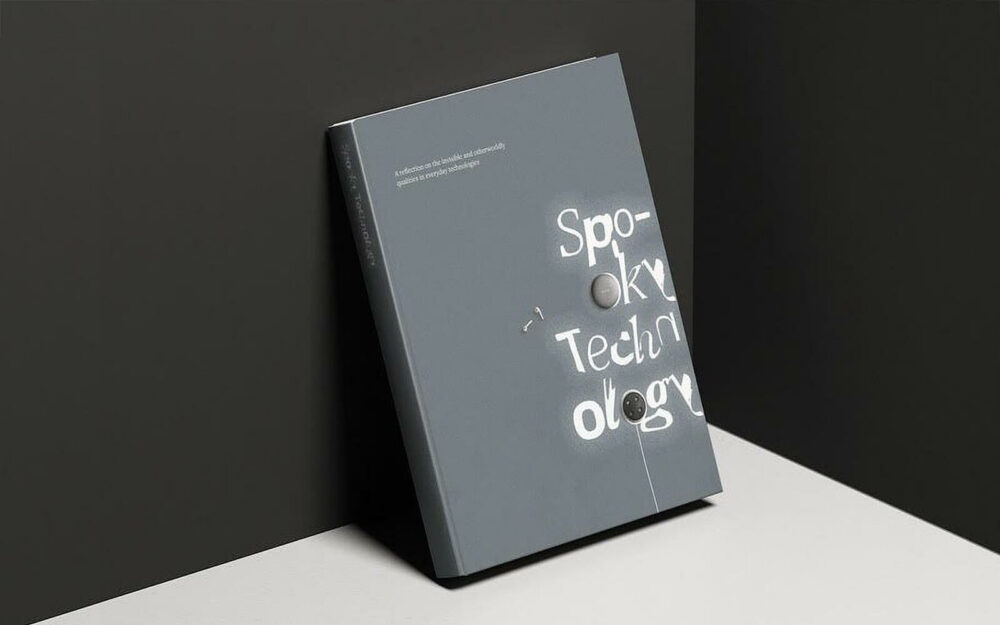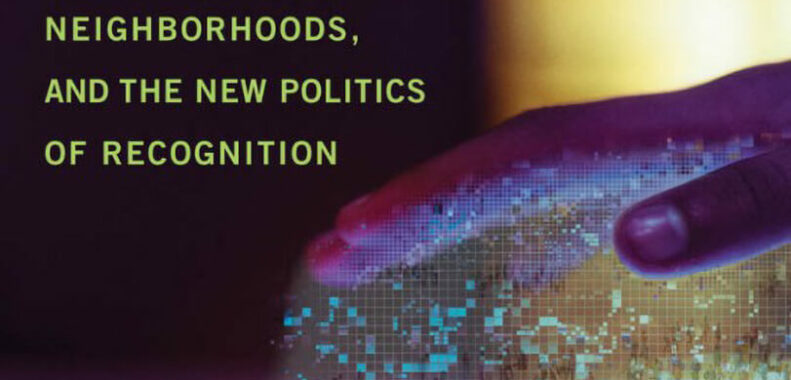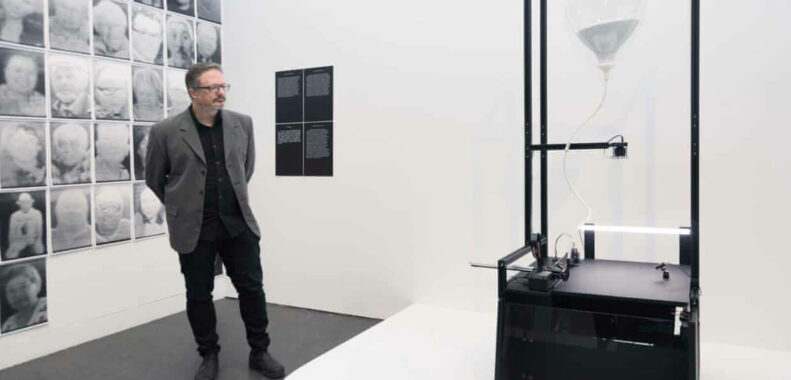All
Presented as part of a lecture on his climate activism, French media and visual artist Joanie Lemercier shows his film Slow violence (2021) on COP26 TV, an independent news and information channel covering the UN Climate Change Conference in Glasgow. Shot with drones during the 2020 Ende Gelände protests at Europe’s largest (and dirtiest) open-pit coal mine near Hambach, Germany, the film documents the extent of energy giant RWE’s climate crimes and how law enforcement operates as an extension of corporate power.
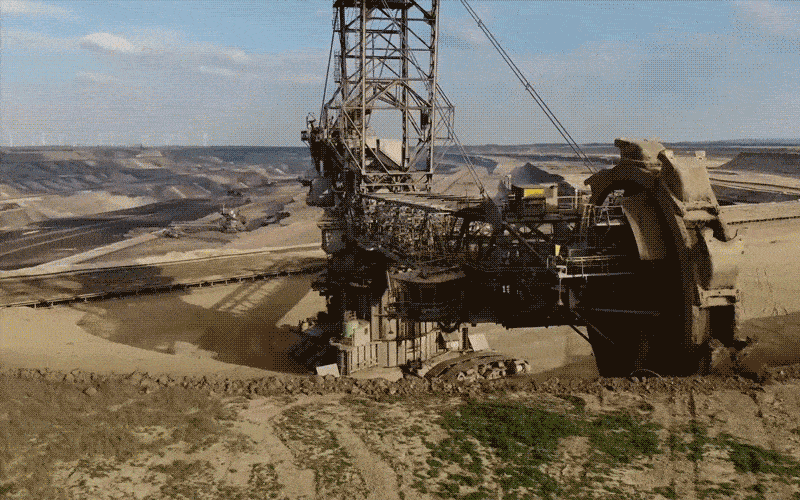
Madeleine Morley Revisits the “Living Time Capsule” that is Neopets
“Morris has been perfecting her oldest pet’s petpage since she first created her account as an 11-year-old. Neopia is filled with similar sparkling, homespun web pages—the fruits of thousands of late nights spent learning how to code.”
Wendy Hui Kyong Chun
Discriminating Data
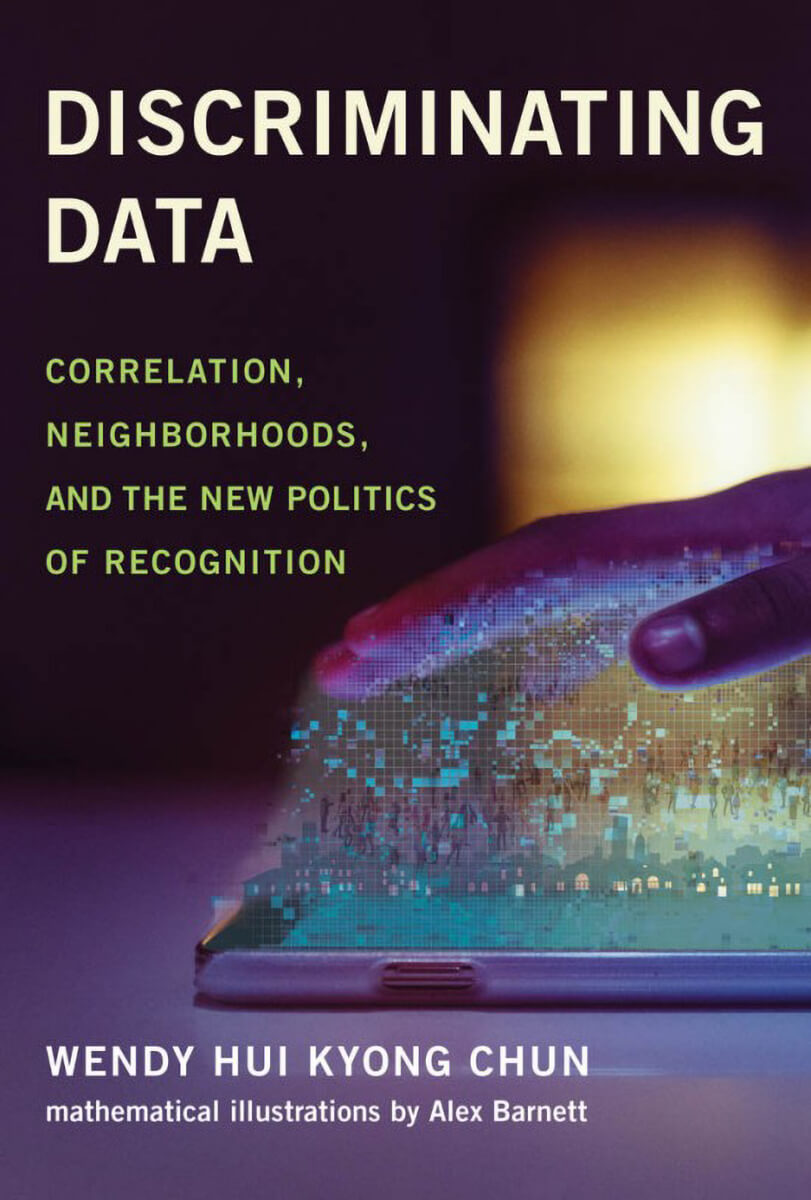
Facebook to Shut Down its Facial Recognition System Over Societal Concerns
“Although Facebook plans to delete more than one billion facial recognition templates by December, it will not eliminate the software that powers the system. The company has also not ruled out incorporating facial recognition technology into future products.”
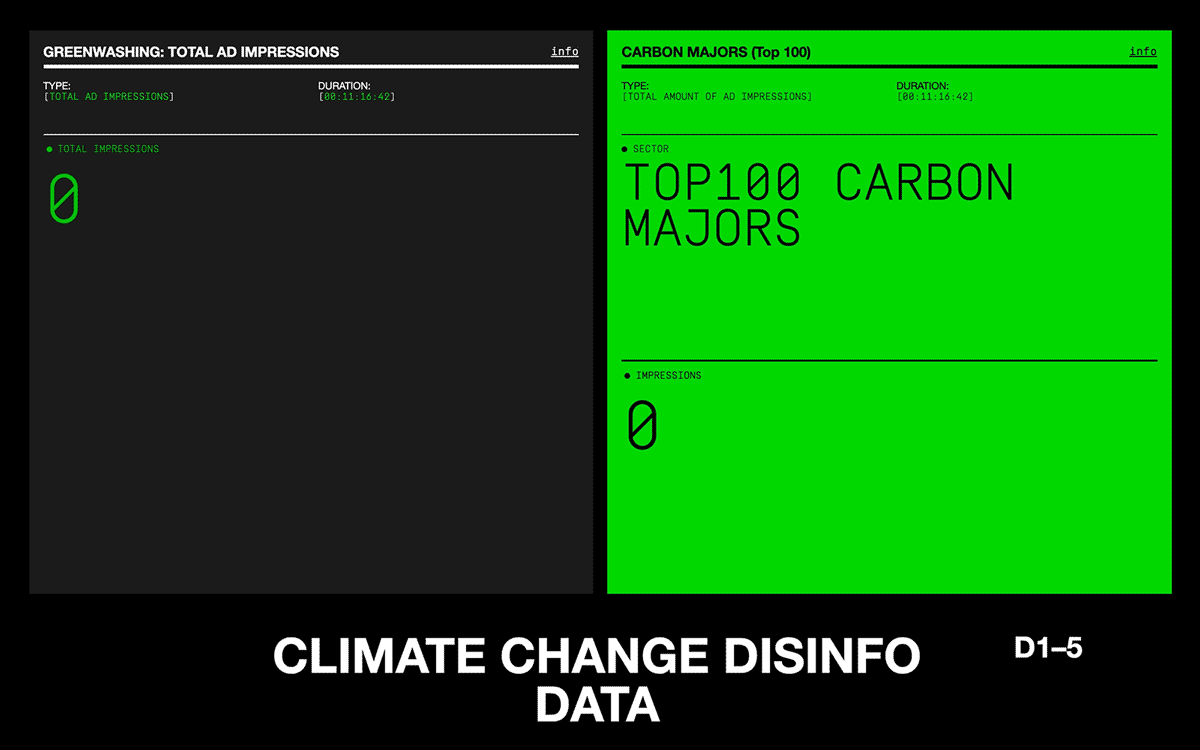
Artists Bill Posters and Robert ‘3D’ Del Naja Launch Bot that Flags Corporate Greenwashing During COP26
A “public service intervention” that exposes climate disinformation on social media during the UN Climate Change Conference (COP26), British artists Bill Posters and Robert ‘3D’ Del Naja launch Eco-Bot.Net, a system that collects, visualises, and flags corporate greenwashing (ads, sponsored posts etc) from Facebook, Instagram, and Twitter. The dataset is updated every 24 hours and new ‘drops’ for different sectors such as lobbying, energy, and aviation will be released throughout COP26.

Processing’s Johanna Hedva on Building Community Around Values
“It became very clear, very quickly, that things like diversity, inclusion, and access were something that we could foreground as a priority. We really wanted to support community members who hadn’t been supported in other open-source places and contexts before.”
October 2021
October 2021
“Snow Crash” Author Clarifies He Has Nothing to Do With Facebook’s Metaverse
“Since there seems to be growing confusion on this: I have nothing to do with anything that Facebook is up to involving the Metaverse, other than the obvious fact that they’re using a term I coined in Snow Crash. There has been zero communication and no biz relationship.”
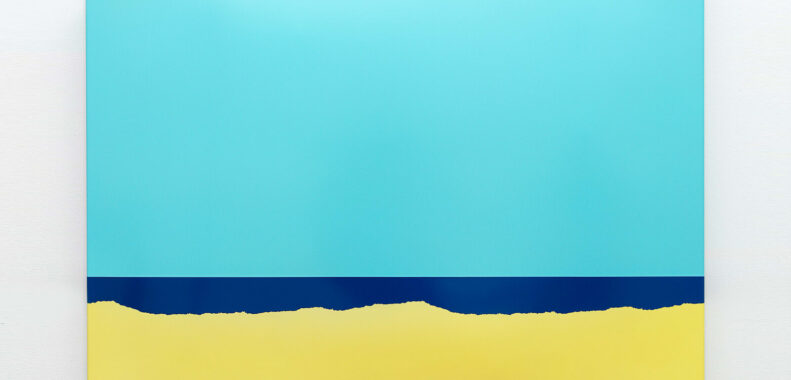
Manifestations of Early Internet Innocence, Rafaël Rozendaal’s Browser Landscapes Materialize on Enamelled Steel Plates
After excursions into lenticulars and tapestries, Dutch-Brazilian artist Rafaël Rozendaal renders a new series of digital drawings (reminiscent of his trademark browser canvases) on enamelled steel plates at Amsterdam’s Upstream Gallery. These Mechanical Paintings explore “the abstraction of everyday objects and scenes through the lens of the early internet’s innocence and optimism,” contrasting the heavy, long-lasting material with Rozendaal’s spontaneous and playful compositions.
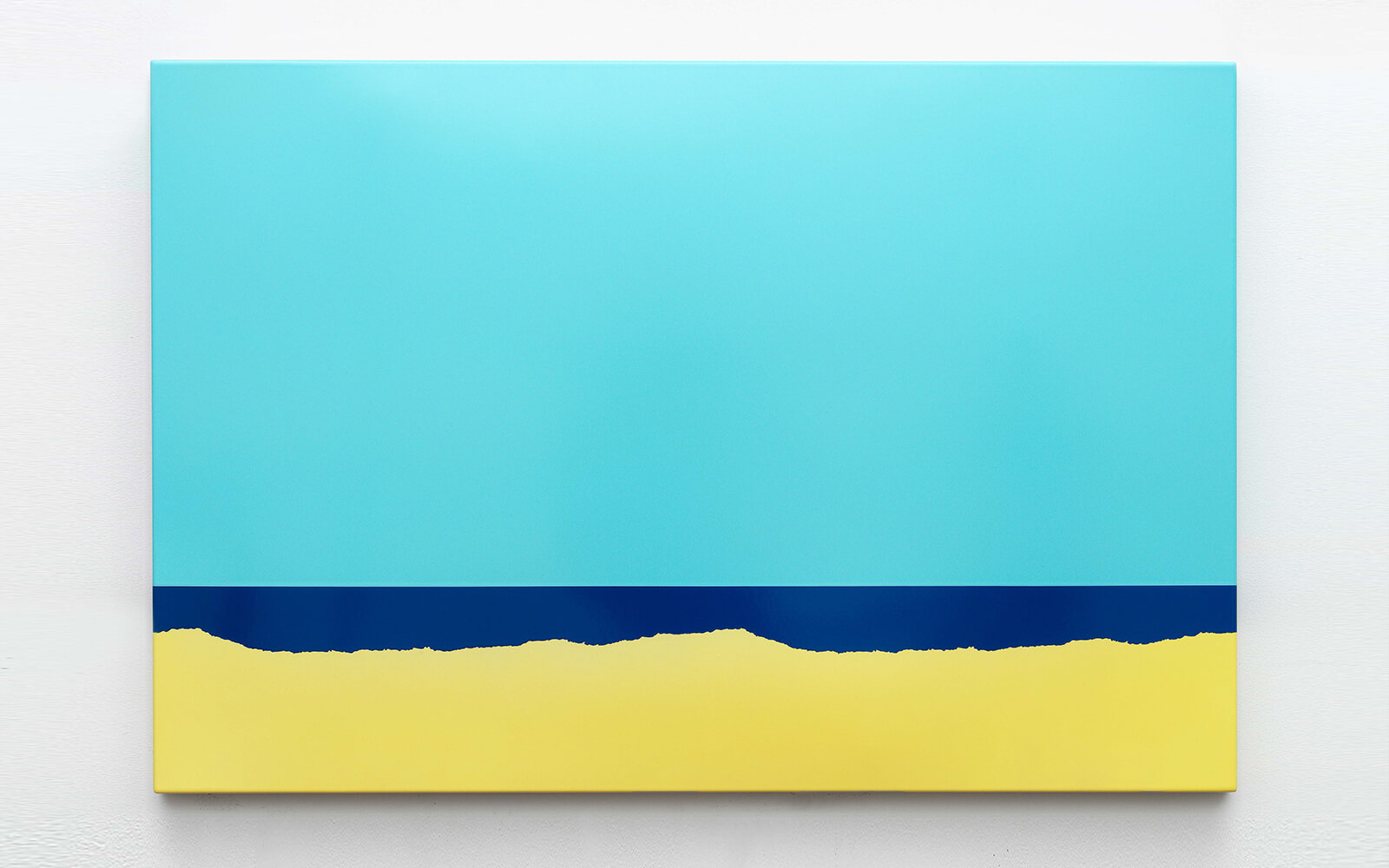
In a Scathing Critique of Capitalism, Activist Writer George Monbiot Calls for a Wealth Cap
“There is a poverty line below which no one should fall, and a wealth line above which no one should rise. We need wealth taxes, not carbon taxes.”
Menil Chronicles the Erasure of Gesture in “Draw Like a Machine”
“Draw Like a Machine: Pop Art, 1952-1975” opens at the Menil Drawing Institute in Houston. Featuring Roy Lichtenstein (image: Steak, 1960), Lee Lozano, Marjorie Strider, Idelle Weber, and other artists associated with pop art, the show chronicles the gradual erasure of gesture and the move towards a machine aesthetic informed by advertising and emerging reproduction technology. The selected works “upend the traditionally assumed connection drawing has to the hand of the artist,” writes curator Kelly Montana.
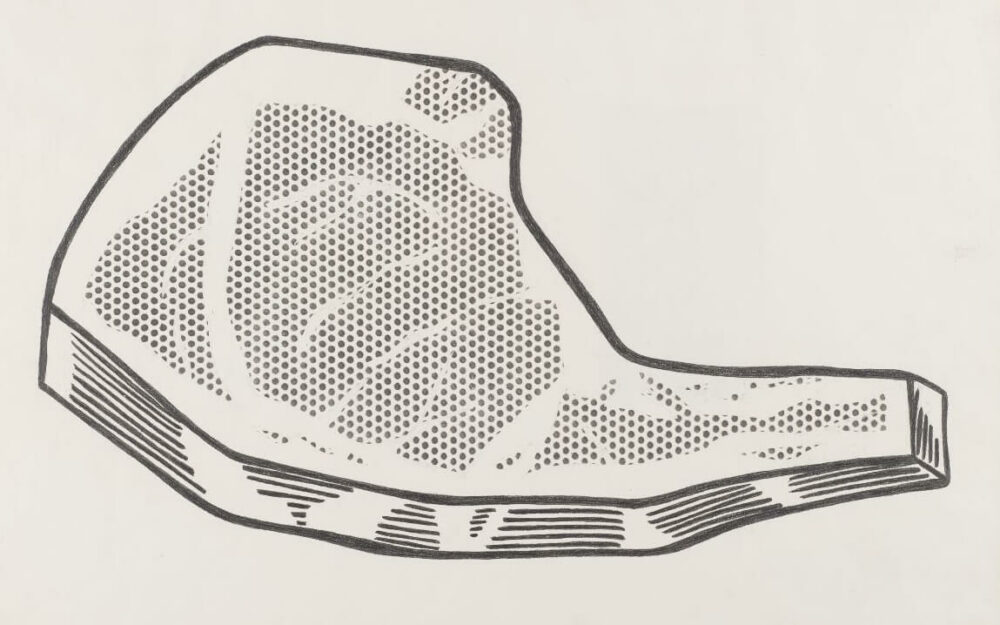
Mike Smith’s Cold War “Anti-Game” Acquired by MoMA
“The gesture of creating a kind of ‘anti-game,’ one that goes against the typical rules of game-making, is a gesture which has been famously repeated over the decades by both artists and other video game creators.”
A heartwreching visualization of COVID-19’s impact, Rafael Lozano-Hemmer’s A Crack in the Hourglass (2020) debuts IRL at the Brooklyn Museum. An “anti-monument,” the installation renders portraits of pandemic victims with grains of sand, once realized the delicate images fall away. Commissioned by MUAC (Mexico City), NYC is a fitting first stop, given the city endured amongst the “highest number of pandemic-related deaths in the U.S.—and worldwide,” note the curators.
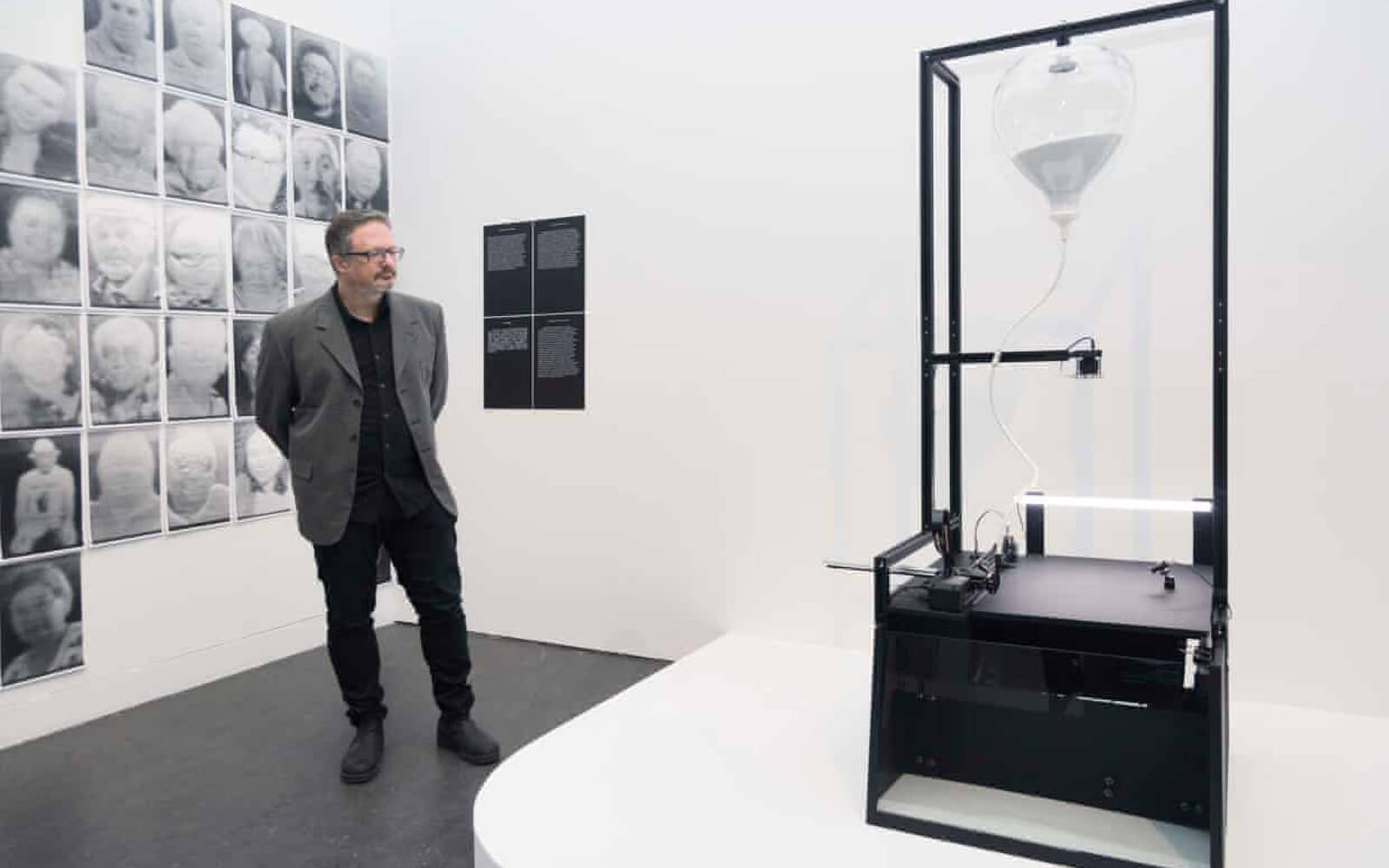
Media Theorist Douglas Rushkoff Dispells Zuckerberg’s Metaverse
“Now, just as we’re waking up to ways Facebook has knowingly eroded our social, mental and civic well-being, Zuckerberg is back with a new offering: a way out. Instead of struggling to make sense of or peace in the real world, we can surrender.”
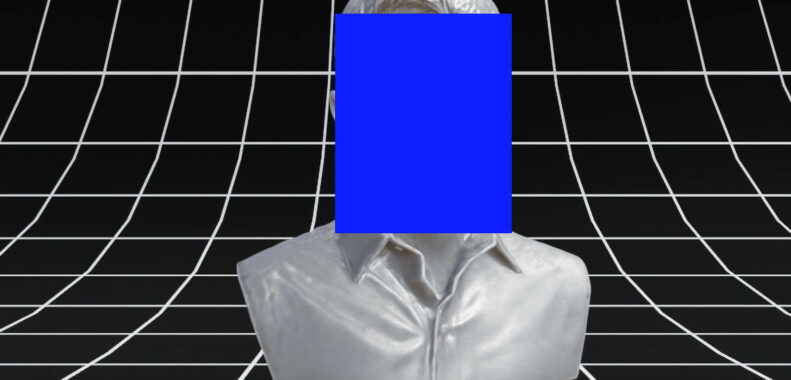
Software Artists Adam Harvey and Jules LaPlace Launch Neural Network Face Redaction That Protects Your Privacy
Software artists and VRAME.io collaborators Adam Harvey and Jules LaPlace launch DFACE.app, “the first website that provides neural network face redaction in your web browser.” Using an “impressively small but performant 13MB face detection neural network” (source) called YOLOV5, DFACE allows users to easily anonymise profile pictures with a variety of effects while keeping their data private.
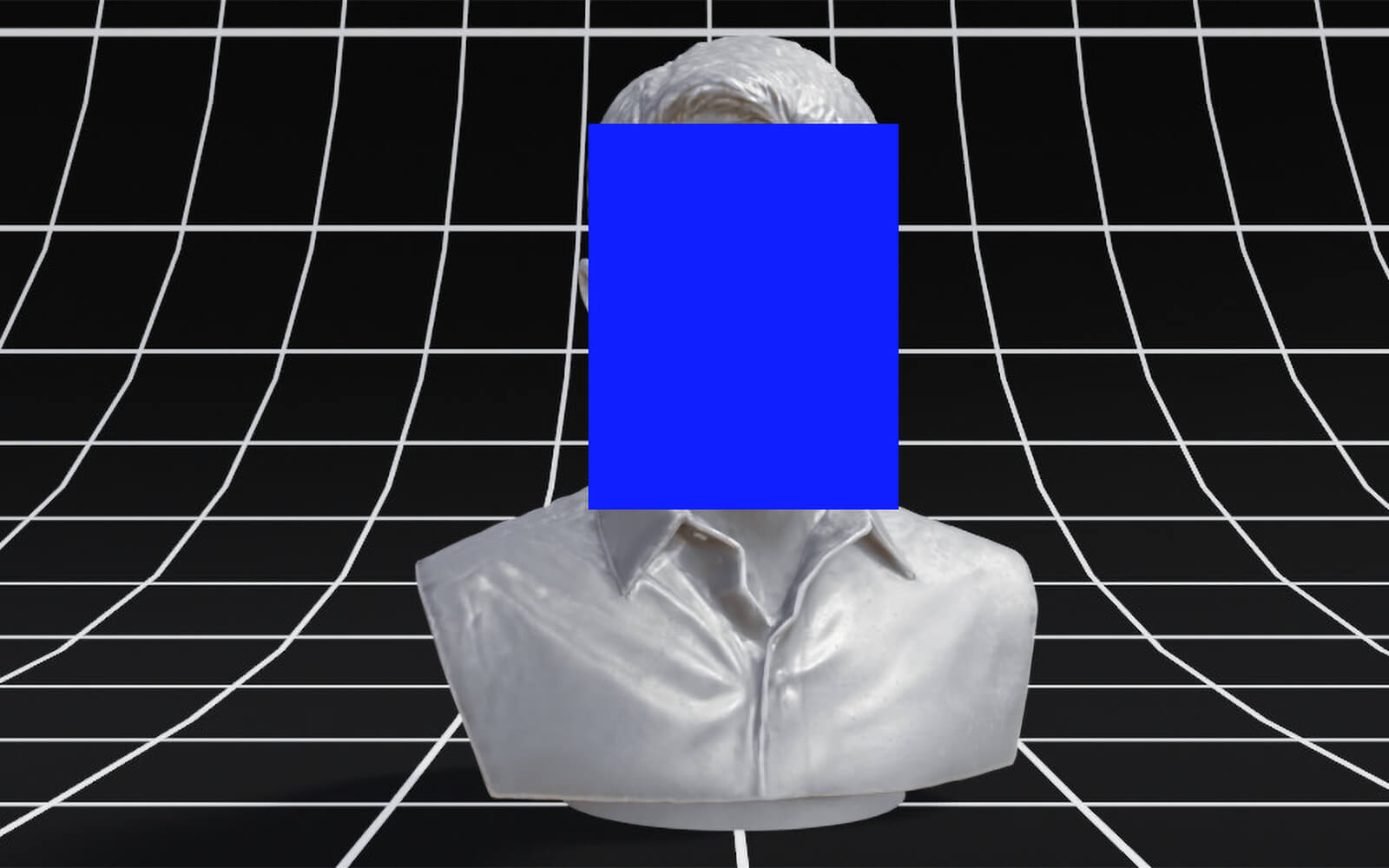
Zuckerberg Inc. Rebrands as Meta
“No matter what Mark Zuckerberg calls it, it will remain Zuckerberg Inc. until he relinquishes some power and yields to functional corporate governance.”
Out Now: Daragh Byrne & Dan Lockton’s “Spooky Technology”
Daragh Byrne & Dan Lockton
Spooky Technology
